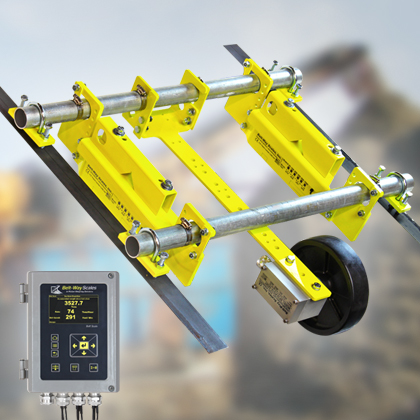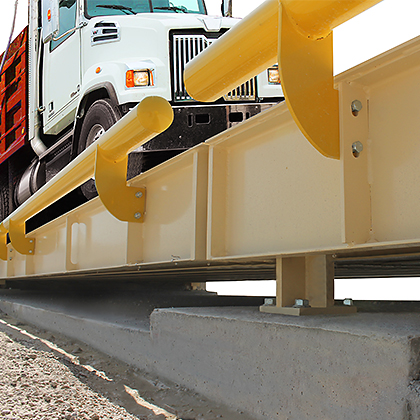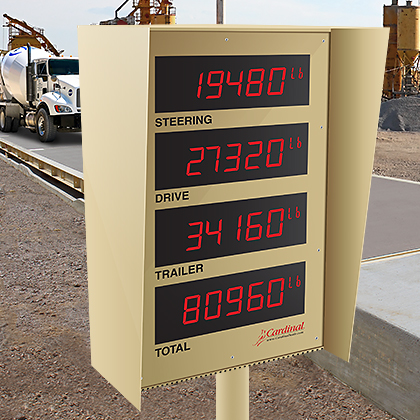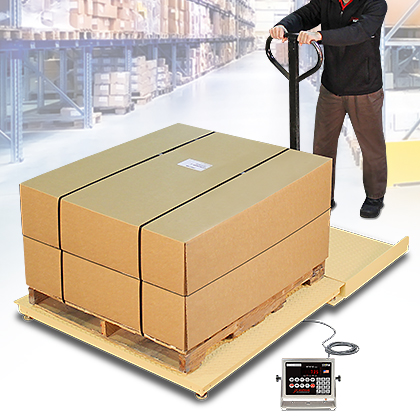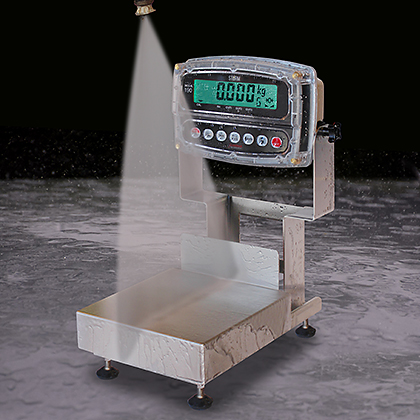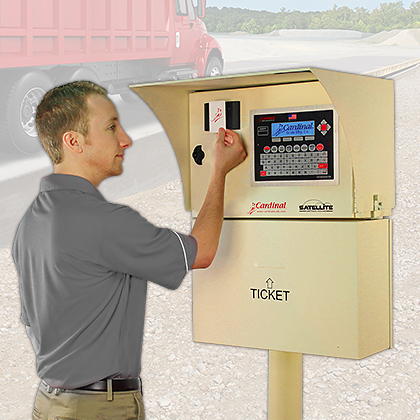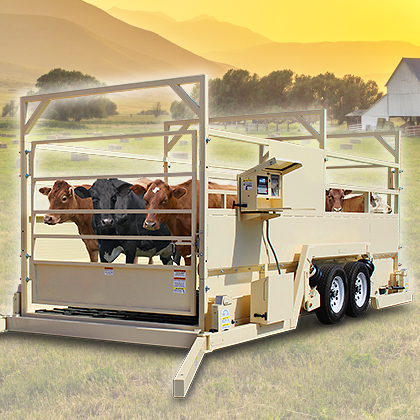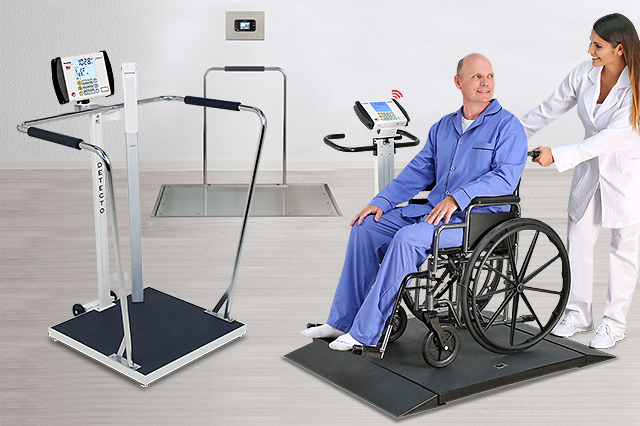(Webb City, MO) The advances of healthcare and technology in the past century have led to an incredible increase in quality of life and overall affluence in the United States and Western countries. Life expectancy in the United States is roughly 80 years.* More than one-third of U.S. adults are now considered obese.** While longevity and easy access to nutrition has been positive for our society, there are adjustments that need to be met for the changing demographics in our country. The implements needed to accurately weigh our changing population must reflect the needs of those individuals. What is the current situation for healthcare weighing, and what is the next step?
Most primary care facilities offer physician scales, weigh-beam or digital, to measure patients in their practice. But with the increasingly older and heavier population to service, what options are left to physicians?
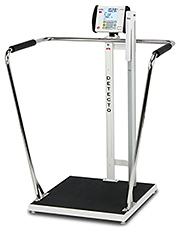
Bariatric scales offer a great option for our older and obese population. Most models feature handrails for those with stability or weight issues; some models offer seating for those who are uncomfortable with standing for long periods of time. Low-profile platforms lessen the obstacle of stepping onto the scale. Many of these scales also come equipped with integral wheels for easy movement, an added benefit for healthcare professionals who need to move the scale to meet patients’ needs. Another great option for clinical professionals is the EMR/EHR connectivity for these scales.
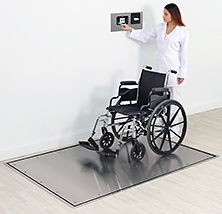
In-floor platform scales offer added benefits for dialysis clinics, emergency rooms, and clinical facilities. These scales are flush-mounted scales which eliminate tripping hazards and accessibility issues. In-floor platform scales easily accommodate patients with walkers, canes, wheelchairs, or those seated in dialysis chairs. They are available with or without handrails.
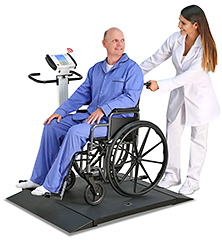
Wheelchair scales are another great option for those patients that are non-ambulatory. Patients can remain comfortably in their wheelchair while being weighed. Wheelchair scales have the ability to deduct chair weight from the reading to attain the patient’s true weight. The ramping feature on these scales is meant to be gradual for easy access and comfort. These scales also have the capability to be moved or compartmentalized due to integral wheels, wall mounts, and lightweight design.
These aforementioned scales offer viable solutions to the changing needs of the United States population. It’s important to know how long-term care suppliers can provide the most complete healthcare experience to those that might have issues with traditional platform scales. DETECTO—the largest medical scale manufacturer in the United States—offers physicians a full range of options for patients with mobility issues.
Contact:
DETECTO
203 East Daugherty St.
Webb City, MO 64870 USA
(800) 641-2008
detecto@cardet.com

